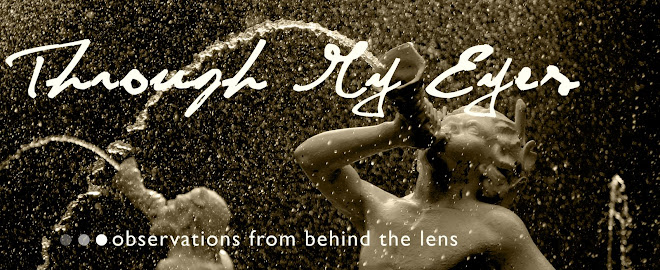 So who cares about the photoshopping of something so insignificant? That question has pundits scratching their heads. Are the North Koreans such control fanatics that they would Photoshop out a team of cameramen who weren’t obediently lineup up in reverence to “Dear Leader”? The authenticity of photos from North Korea has long been questioned. Finding clear evidence of manipulation illustrates the level of control state media outlets wish to maintain—and their complete ineptitude at Photoshop.
So who cares about the photoshopping of something so insignificant? That question has pundits scratching their heads. Are the North Koreans such control fanatics that they would Photoshop out a team of cameramen who weren’t obediently lineup up in reverence to “Dear Leader”? The authenticity of photos from North Korea has long been questioned. Finding clear evidence of manipulation illustrates the level of control state media outlets wish to maintain—and their complete ineptitude at Photoshop.Oddly enough, while searching the Internet for information about this incident, I found this on Adobe’s web site: “By downloading or using an Adobe software product you are certifying that you are not a national of Cuba; Iran; Iraq; Libya; North Korea; Sudan; or Syria or any country to which the United States embargoes goods…” So was this horrible cloning done with a bootleg copy of Photoshop?
So what can “Joe Sixpack Photographer” learn from this event? The Associated Press says, “The content of a photograph will NEVER be changed or manipulated in any way. Only the established norms of standard photo printing methods such as burning, dodging, black-and-white toning and cropping are acceptable. Retouching is limited to removal of normal scratches and dust spots.” But for the rest of the non-photojournalist world, “fixing” images in Photoshop is an everyday task.
Perhaps the best lesson is to ensure that before anyone sees your photoshopped work, it passes muster. If you can’t clone any better than the Korean state press, then you shouldn’t share your photoshopped work with others. Secondly, NEVER let anyone see the original images. This is probably true of your original RAW images, as well.
But what if, as you are packing up after a shoot of a softball team, someone says, “I forgot to tell you that Sally couldn’t be here. Can you Photoshop her in.” Uh-oh. Not a time to call the North Korean press agency for technical help.
As more professionals become true experts at Photoshop, the line will become increasingly blurred between what can and can’t be discerned as a manipulation. Will photographic evidence become completely unreliable because no one, including experts, can tell what has been doctored?



